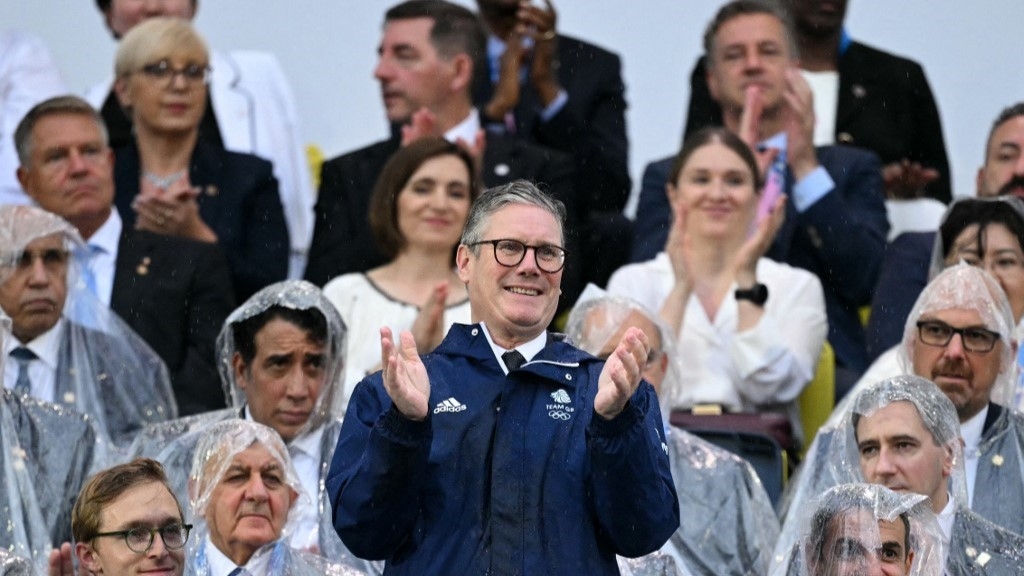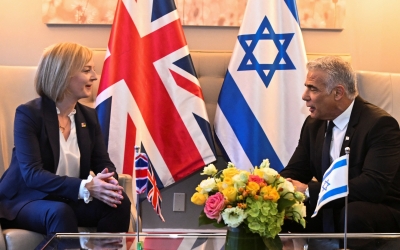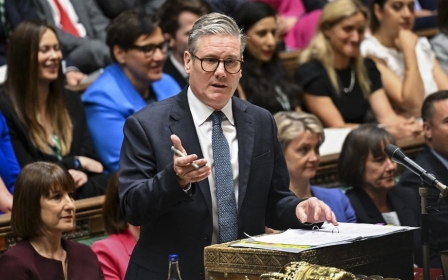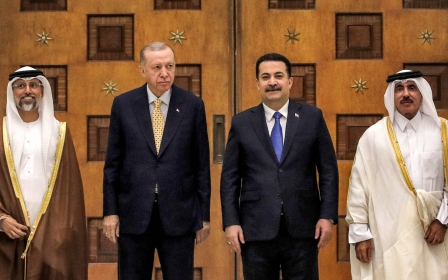UK seeks new trade deals with Gulf countries as PM meets Qatari emir in Paris

The UK has set out its priorities for new trade deals, with six Gulf countries at the top of the list and trade negotiations set to begin in the autumn.
Jonathan Reynolds, business and trade secretary, said on Monday he would attempt to secure free trade agreements with the six countries of the Gulf Cooperation Council (GCC) - Bahrain, Kuwait, Oman, Qatar, Saudi Arabia and the United Arab Emirates.
Out of the other five countries in the list after the GCC, two are Middle Eastern - Israel and Turkey.
Reynolds said in a statement: “From the Gulf to India, our trade programme is ambitious and plays to the UK’s strengths to give British businesses access to some of the most exciting economies in the world.”
While in opposition earlier this year, shadow foreign secretary David Lammy said forging stronger ties between the UK and the Gulf would be one of his priorities.
New MEE newsletter: Jerusalem Dispatch
Sign up to get the latest insights and analysis on Israel-Palestine, alongside Turkey Unpacked and other MEE newsletters
On Saturday, Prime Minister Keir Starmer met the emir of Qatar, Sheikh Tamim bin Hamad Al Thani, in Paris following the Olympic opening ceremony.
The two leaders pledged to build on the existing partnership between UK and Qatar in areas including energy, business and education.
They also discussed Israel’s ongoing war in Gaza - “specifically the numbers of innocent lives continuing to be lost, and the role of international partners in bringing the conflict to an end”, according to Downing Street.
Middle East Eye revealed last week that the UK government is this week expected to announce restrictions on arms sales to Israel in what would be a major shift in foreign policy towards the country.
On Friday the UK withdrew its objection to the International Criminal Court’s decision on whether to issue an arrest warrant for senior Israeli leaders.
Middle East Eye delivers independent and unrivalled coverage and analysis of the Middle East, North Africa and beyond. To learn more about republishing this content and the associated fees, please fill out this form. More about MEE can be found here.





